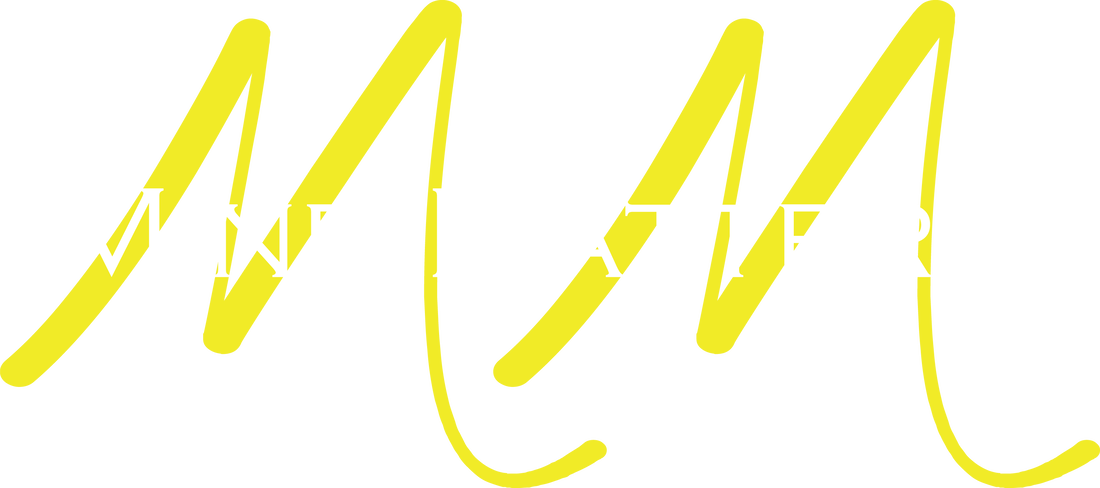|
Mental Health America Releases May 2020 Screening Data; 88,000 Have Anxiety Or Depression, And Results Point To Possible Epidemic Of Suicidal Ideation TUESDAY, JUNE 2, 2020
Alexandria, VA - More than 88,000 additional people have developed anxiety or depression as a result of the COVID-19 pandemic, according to new data released today by Mental Health America (MHA) from its online screening program. In addition, more than 21,000 depression screeners reported thinking of suicide or self-harm on more than half the days – a number that suggests a coming wave of mental impacts that could be of epidemic proportions. In May 2020, more than 211,000 people took a free, anonymous online mental health screen at www.mhascreening.org. The results from those screenings continued the upward trends in mental health conditions observed by MHA – and confirmed by recent analysis from the U.S. Census Bureau – since the start of the COVID-19 pandemic. “Our May screening numbers were unprecedented,” commented MHA President and CEO Paul Gionfriddo. “And what is most troubling,” he added, “is that the numbers – consistent with the numbers from the U.S. Government’s Census Bureau - demonstrate not only that there is not yet any relief from the mental health impacts of the pandemic, but that the impacts actually seem to be spreading and accelerating.” Gionfriddo also emphasized on the suicidal/self-harm ideation numbers. “These numbers are just so striking. When you consider that a total 45,000 to 50,000 Americans die by suicide every year and nearly half that number reported suicidal or self-harm thinking in just May alone, this has to be a wake-up call to policymakers to act now to prevent this,” he said. “There are three options immediately available to federal policymakers – pass the 988 legislation already approved by the Senate, pass the funding for the mental health block grants and other safety net mental health providers and services already approved by the House, and work together to make mental health screening the norm for the entire population to find new cases of mental illnesses as soon as they emerge.” Since the beginning of the pandemic: · There have been at least 88,405 additional positive depression and anxiety screening results over what had been expected (using November 2019-January 2020 average as a baseline). · There have been 54,093 additional moderate to severe depression and more than 34,312 additional moderate to severe anxiety screening results from late February through the end of May. · The per day number of anxiety screenings completed in May was 370% higher than in January, before coronavirus stress began. The per day number of depression screens was 394% higher in May than in January. · These impacts on mental health are more pronounced in young people (<25): roughly 9 in 10 are screening with moderate-to-severe depression, and 8 in 10 are screening with moderate-to-severe anxiety. · “Loneliness and isolation” is cited by the greatest percent of moderate to severe depression (73%) and anxiety (62%) screeners as contributing to mental health problems “right now.” · In May 2020, 21,165 depression screeners reported thinking of suicide or self-harm on more than half of days to nearly every day, with 11,894 reporting these thoughts nearly every day. · Special populations are also experiencing high anxiety and depression, including LGBTQ, caregivers, students, veterans/active duty, and people with chronic health conditions. · This isn’t just affecting people with anxiety and depression, but other mental health conditions, too. Among all psychosis screeners in May, more than 16,000 were at risk of psychosis, and the percentage at risk (73%) also increased. MHA has had an online screening program since 2014. People who come to the website can screen anonymously and for free, using the same evidence-based mental health screening tools that are used by most clinicians. Over five million people have taken a mental health screen in the last 5 years. More than 300,000 took an anxiety screening in 2018 and 2019 alone. Most people who take a screen have never been diagnosed with a mental health condition. MHA will continue to monitor its screening data and report out details in the coming weeks and months. To take a mental health screen, visit www.mhascreening.org. MHA offers customized resources to everyone who takes a mental health screen, based on the screen taken, severity of the result, age of the individual, and other factors. More information: COVID-19 and Mental Health: What We Are Learning from www.mhascreening.org Source: https://www.mhanational.org/mental-health-america-releases-may-2020-screening-data-88000-have-anxiety-or-depression-and-results Comments are closed.
|
AuthorKrysta Oehm, the founder of Mind Matters. Archives
April 2023
Categories |

Mind Matters is a private practice dedicated to providing the best mental health, counseling, and wellness services to those in Lincoln and its surrounding communities.
[email protected] (402) 327-1695 Proudly part of the Blue Cross Blue Shield network No Surprises Act You have the right to receive a Good Faith Estimate of what your services may cost. Notice of Privacy Practices |
Hours
Varies by Provider
Appointment Required. Call, email or text to schedule. |
LocationLocated in Lincoln's Haymarket District:
700 R Street Lincoln, NE 68501 on the 3rd floor of the main Post Office building downtown, right next to Pinnacle Bank Arena. Clients park for free directly in front of the office. View Parking Map. *Telehealth available! Make an Appointment |
Mind Matters Privacy Policy.
© Copyright 2019 Mind Matters. All Rights Reserved.
Site managed by Market the Metro.
© Copyright 2019 Mind Matters. All Rights Reserved.
Site managed by Market the Metro.

 RSS Feed
RSS Feed
